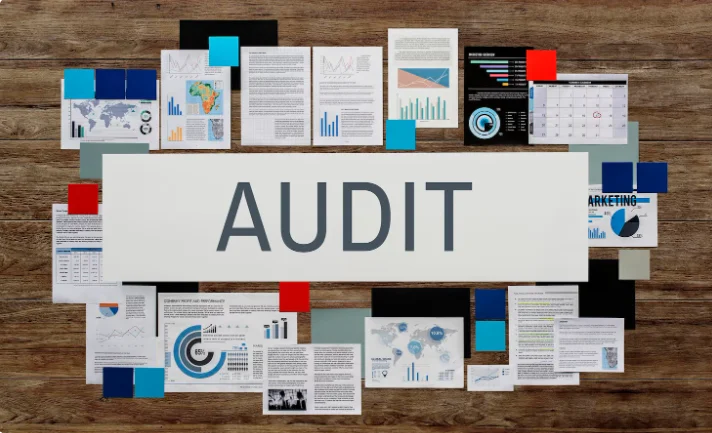Blockchain technology continues to evolve since its early days, when it was solely associated with cybercurrency. It is now a mainstream tool for businesses across multiple industries, providing a decentralised and highly secure way of recording transactions. Blockchain is an ideal solution for organisations that rely on transparency, efficiency, and trust, while reducing costs, minimising fraud, and streamlining complex operations. Being able to handle smart contracts is an outstanding feature.
Smart contracts are self-executing agreements written in code that automatically enforce the terms of a deal without the need for intermediaries, making them increasingly popular across the business landscape. While the contracts reduce the risk of human error, quicken processes, and ensure that both parties meet their obligations, they also provide challenges, which can be overcome when a business decides to ask an independent body to audit smart contracts for 5 important reasons.
- It’s highly unlikely that an in-house team has the expertise or experience to carry out an audit on a smart contract, while employing someone with the skills is costly compared to outsourcing the task. Auditing requires in-depth knowledge of blockchain coding languages, which professionals have at their disposal as they focus exclusively, making them better equipped to detect errors or loopholes that an in-house IT team may overlook.
- Experts might understand all about L2 scalability in the Ethereum blockchain and be able to offer advice if required. They will certainly provide an independent and unbiased review of the code. Where internal teams may miss flaws due to sometimes becoming over-familiar with their own work, external auditors provide a fresh set of eyes, reducing the risk of oversight, which can lead to serious issues if not detected at an early stage.
- Every business is conscious of the importance of time and cost efficiency, whatever its operations. Building and maintaining an in-house team for smart contract auditing can be expensive and time-consuming. Outsourcing, however, allows businesses to have access to expertise without the costs of hiring, training, and retaining permanent specialists, when they are often not required, freeing up cash for other projects.
- Professionals with vast experience in auditing smart contracts will also be fully aware of the best cybersecurity practices and apply them. They do this by using advanced tools, methodologies, and attack simulations to identify potential exploits. This proven approach minimises the risk of costly hacks, ensuring the smart contract performs safely and as intended, which is invaluable for all businesses that care about their reputation.
- Credibility and trust are vital for any organisation to grow and spread confidence among employees, partners, and clients. Stakeholders that are not totally confident in the security of a smart contract are likely to head elsewhere, whereas those who invest in professional auditing show their intent to ensure top-level security, which is essential when retaining relationships.
Smart contracts are becoming increasingly popular in a wide range of industries because of their many advantages, with those who choose to outsource auditing ensuring the best security to build trust and credibility.










 /home/u448362301/domains/theexpotab.com/public_html/wp-content/themes/foxiz/templates/popup.php on line 167
/home/u448362301/domains/theexpotab.com/public_html/wp-content/themes/foxiz/templates/popup.php on line 167